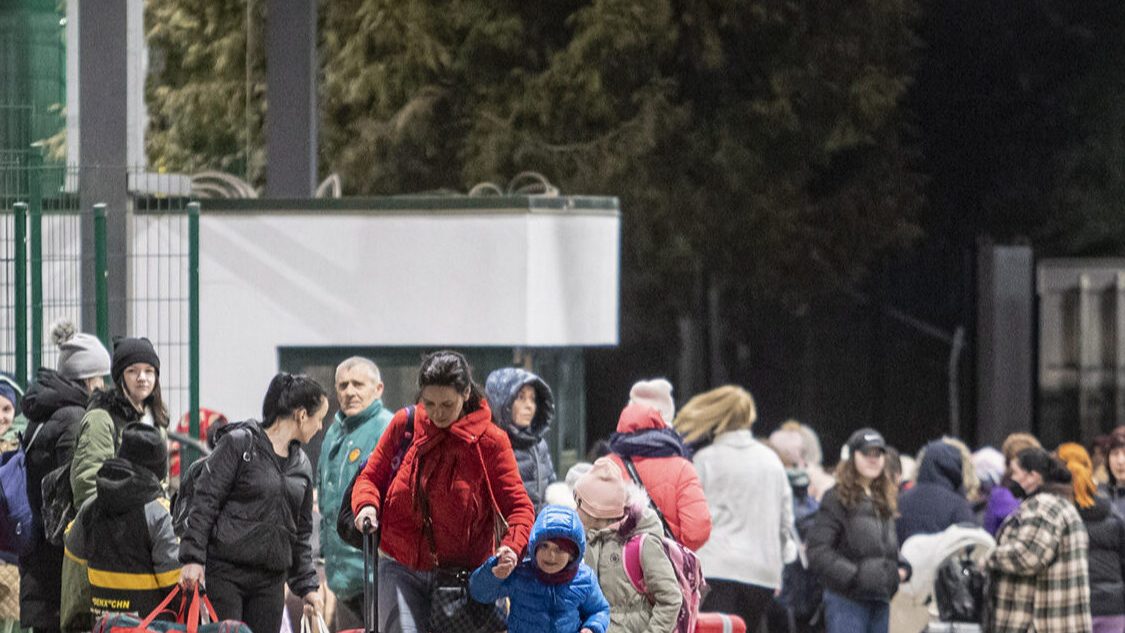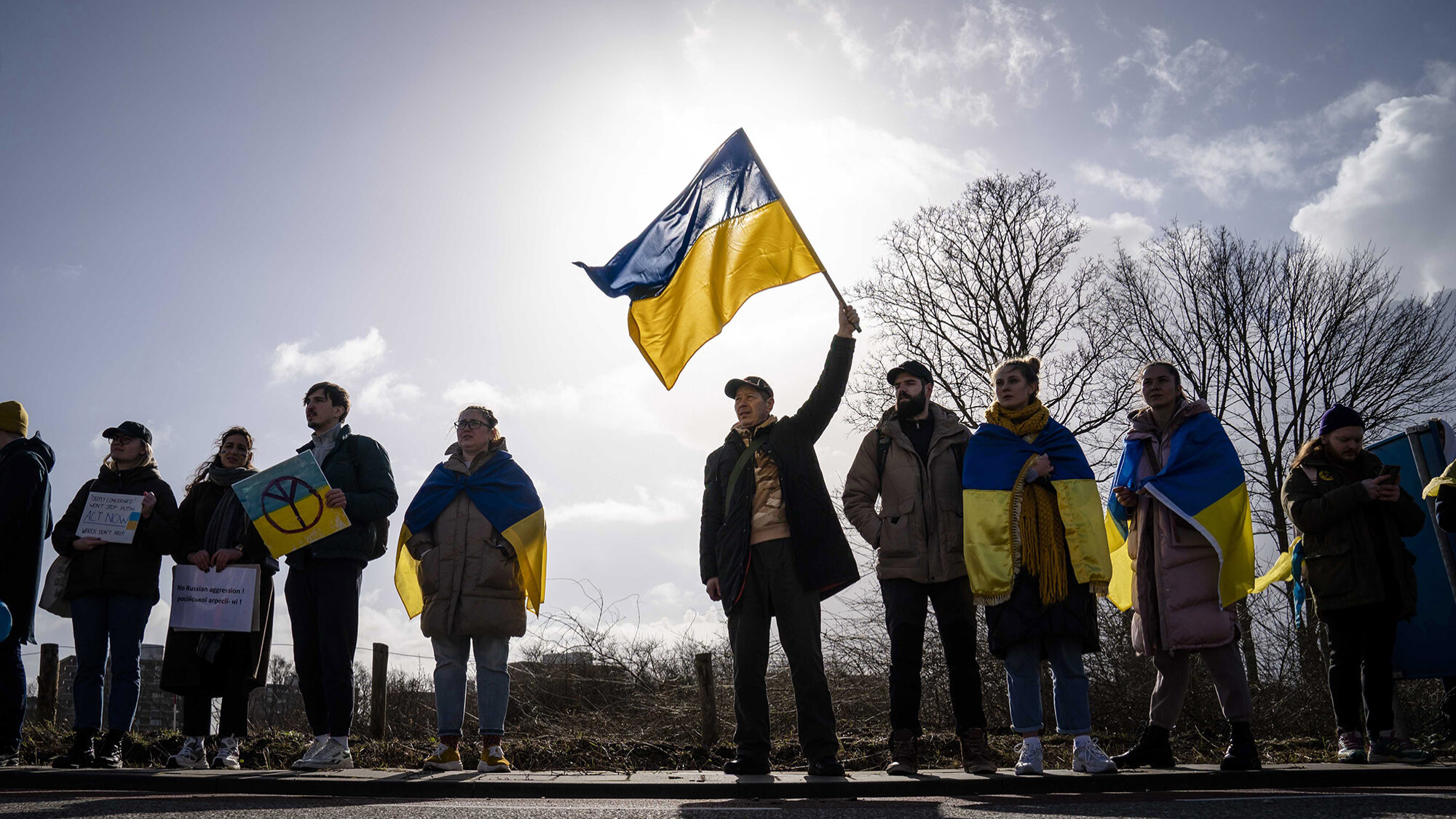Lisbon university teaching Ukrainian refugees Portuguese
The aim is to enable new students with the first contacts to integrate into Portuguese society, from personal presentation to buying a ticket on public transport or a trip to the hospital.
About 140 Ukrainian refugees, mostly women, will learn Portuguese at the University of Lisbon, which began with two classes in April and is preparing a fifth class to meet demand.
The initiative was taken by the Centre for Slavic Culture and Languages of the Faculty of Arts and had the volunteer services of teachers who are fluent in Ukrainian and Russian, among other languages, the director of that body, Gueorgui Hristovsky, told Lusa on Thursday.
The aim is to enable new students with the first contacts to integrate into Portuguese society, from personal presentation to buying a ticket on public transport or a trip to the hospital.
The classes have been specifically prepared to deal with Ukrainian citizens arriving in Portugal following the invasion of Ukraine by Russia, which has already caused millions of people to flee the country since the Russian offensive began on February 24.
The teachers adapted materials and used content previously prepared by the ministry of education for refugees, said the teacher, who has already taught two classes.
“It was a completely new experience for me, an SOS course for refugees. I was very impressed. They are very willing to learn. They are good people”, said the lecturer, confessing that the students’ reaction was positive, although he saw “some faces a little sad”.
The classes are essentially made up of women of various age groups. In each group, there are only three, four or five men over 70. The younger ones are staying in Ukraine as part of the country’s defence effort.
“Some children have also arrived, but they are already in school,” Gueorgui Hristovsky said.
The course lasts four weeks, and the lessons are face-to-face: “I thought they would be sadder at home watching the lessons via Zoom. They need to get out into the street and see people alive”.
The preparation of the classes and contents also had the support of the University’s Institute of Culture and Portuguese Language.
The materials have “many translations in Ukrainian”. First, it is necessary to familiarise the students with the Latin alphabet. Then the basics of communication are introduced, such as greetings and presentations. But the students will also learn how to write a CV so that they can apply for a job.
By the end of the course, they should be able to ask someone in the street where the underground is, where the bus goes and describe symptoms in case they need to go to a doctor or hospital.
Filling in a social pass and knowing the basic necessities are also part of their learning. “After these modules, they will have some basic Portuguese language skills”, the teacher said.
Those arriving ask practical questions, such as the possibility of their children, some of whom are still in Ukraine, being able to study in Portugal.
Almost 28,581 requests for temporary protection have been granted to Ukrainians and foreign citizens living in Ukraine since the beginning of the war, of which 10,126 are minors, according to data from the Immigration and Borders Service (SEF).


